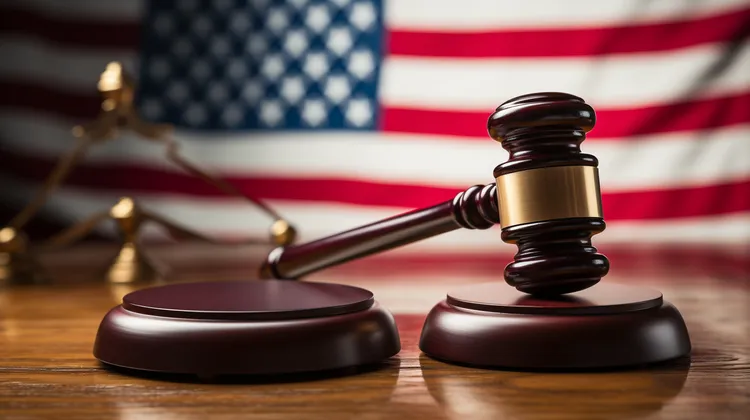The ongoing legal battle between Ripple Labs and the United States Securities and Exchange Commission (SEC) has grabbed headlines for several months now. Ripple, a global payment protocol company, has been accused by the SEC of conducting an unregistered securities offering through its XRP token. Since the lawsuit was filed in December 2020, both parties have been engaged in a fierce legal confrontation, with recent updates shedding light on the progress of the case.
The latest development in the Ripple vs. SEC lawsuit came on October 16th, when Judge Sarah Netburn granted a motion that would potentially allow Ripple access to internal SEC communications regarding the classification of Bitcoin and Ethereum. This decision has significant implications for Ripple’s defense strategy as the company aims to demonstrate inconsistent regulatory enforcement by the SEC in the crypto space.
Ripple’s legal team argues that if the SEC has previously determined Bitcoin and Ethereum to be non-securities, then it should treat XRP similarly. This line of argument challenges the SEC’s allegations that Ripple’s initial distribution of XRP was akin to selling unregistered securities, which, if proven, could have serious consequences for the company and its digital asset.
While Judge Netburn’s ruling provides a promising outlook for Ripple, it is important to note that access to internal SEC communications is not yet guaranteed. The SEC has the opportunity to appeal this decision, and it remains to be seen how the case will proceed in the coming months.
The Ripple vs. SEC lawsuit has significant implications not only for Ripple but also for the broader cryptocurrency industry. The outcome of this case could shape the regulatory landscape for digital assets in the United States. If Ripple successfully demonstrates inconsistency in the SEC’s treatment of crypto assets, it could potentially create more clarity and regulatory certainty for other cryptocurrencies facing similar legal challenges.
The Ripple case has sparked debates around the definition and classification of cryptocurrencies. The SEC’s argument that XRP should be deemed a security because of Ripple’s control and influence has raised questions about the decentralized nature of digital currencies. Many experts argue that defining cryptocurrencies solely as securities would stifle innovation and hinder the development of blockchain technology.
The legal battle has also impacted XRP’s market performance. Since the SEC’s lawsuit, several prominent cryptocurrency exchanges, including Coinbase and Binance.US, have halted or delisted XRP trading due to regulatory uncertainties. XRP’s price plummeted following these developments, and investor sentiment surrounding the token has been shaken.
Despite the challenges Ripple has faced in recent months, the company has continued to make progress outside of the courtroom. Ripple’s global partnerships with major financial institutions, such as Banco Santander and MoneyGram, have remained intact, showcasing the growing adoption and use cases of Ripple’s technology.
The Ripple vs. SEC lawsuit update on October 16th raises hopes for Ripple and its supporters. This recent development showcases the possibility of Ripple obtaining crucial evidence that might help tilt the legal battle in its favor. It is essential to recognize that this is just one step within a long and complex legal process. The outcome of the case will likely have far-reaching implications for not only Ripple but also the regulation of cryptocurrencies as a whole. As the legal battle continues, industry participants and observers eagerly await further progress and eventual resolution of this landmark case.



